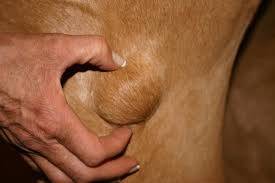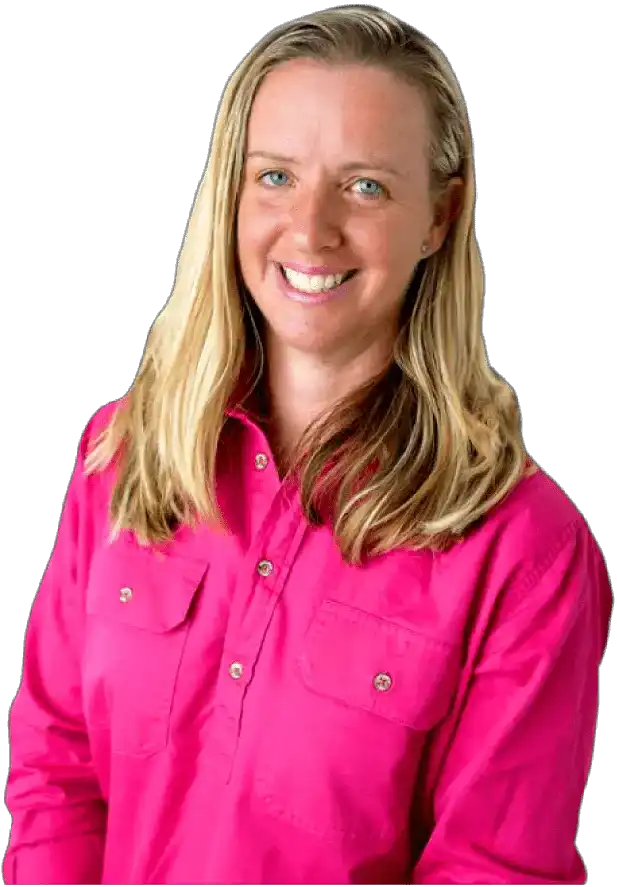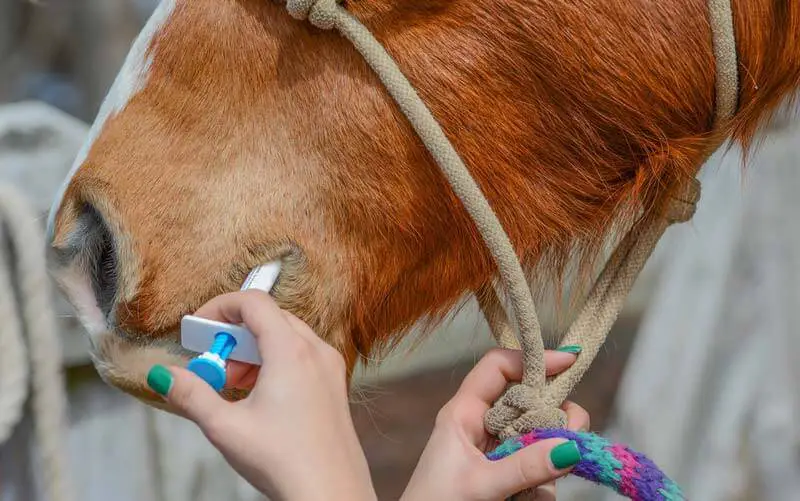
There are many common lumps and bumps that can appear on horses. Often, they prove to be harmless, but it’s always best to have them checked by your veterinarian. If your horse has an unusual growth, these are the three steps you should take.
- Monitor the growth
There are many causes of lumps and bumps that may appear on your horse. At times, a raised lump can simply be due to swelling after a kick or small injury in the paddock. If you notice an unusual growth on your horse, monitor it closely for several days.
If the lump or bump appears to be getting smaller and isn’t causing your horse discomfort, then it’s likely that it’ll disappear with time. However, if you notice any of the following, it’s best to call your veterinarian and discuss the situation.
Call your veterinarian if it’s:
- Painful or itchy
- Bleeding or discharging
- Increasing in size
- Spreading further
- Not responding to treatment
Or, if your horse is lame, lethargic or unwell.
- Treat the growth
Skin conditions resulting in lumps and bumps can be caused by allergies, infections, abnormal reactions, hereditary factors or neoplasia. If you’re unsure of the cause or if your horse isn’t responding to topical agents, the next step is to involve your veterinarian.
Your veterinarian will start with the horse’s history, then conduct a physical examination. This may involve taking a biopsy, as many common lumps and bumps have similar symptoms. Without a biopsy, it can be difficult to make a definitive diagnosis.
- Surgically remove it
As a general rule of thumb, any lump that is fast growing, sore to the touch, reddened, bleeding or near vulnerable areas, such as the eyes, head or lower legs, should be seen to promptly. If your veterinarian deems it necessary, the growth may need to be removed with surgery.
The most common growths are sarcoids. There are six types of sarcoids and these non-cancerous growths can be very frustrating to treat. If you suspect sarcoids, you should consult your veterinarian immediately as incorrect treatment can worsen the condition.



